What is a Lithium ion medical battery?
Home » lithium ion battery knowledge » What is a Lithium ion medical battery?
Introduction
LiWhat is a Lithium ion medical battery?thium-ion batteries are currently the most used in medical devices due to their long life, excellent energy capacity, and being light and portable.
More and more companies and companies focused on the health sector are opting for the use of lithium batteries. Electronic devices have much smaller, lighter, and portable designs.
For all these reasons, lithium ion battery becomes the excellent medical battery, as they are a small and transportable energy source, which maximizes the devices’ performance, power, and service life.
Piles and batteries
In the medical industry, there are lithium-ion batteries and lithium piles; both are different and have different uses.
The main difference between piles and batteries is that piles generate their energy from an electrochemical reaction that occurs inside; they are commonly known as “Primary generation devices.”
On the other hand, batteries do not generate their energy, but instead store it and gradually release it as needed; the batteries are given the name “Secondary generation devices.”
Another difference is that batteries can be recharged, while primary batteries cannot.
The chemistry behind lithium medical battery
Lithium batteries currently dominate the medical device market, but why? Why don’t they have a competition to dethrone them from their position? The reason for this is simple and is due to its chemical makeup.
Lithium batteries are made of lithium thionyl chloride (lisocl 2) in cylindrical coil-type chambers; this design allows to maximize the batteries’ performance and useful life.
While a lead-acid battery has a useful life of 5 a 7 years or less, an encapsulated lithium-ion battery can have a useful life of up to 20 years! An overwhelming difference.
Usually these figures are expressed in “Cycles,” Which refers to the number of times a battery can be discharged to 0% and recharged to 100%.
For example: a battery with a useful life of 500 cycles can be charged and discharged 500 times, and depending on its storage capacity and whatever its function, this can mean a useful life of 2 to 5 years.and the cycle life of a lithium ion battery is more than 2000 times.
Once these cycles are over, the battery will begin to diminish its capacities and it is advisable to replace it.
As if that were not enough, the encapsulated lisocl 2 lithium-ion batteries can withstand very high temperatures, reaching conditions where defibrillator equipment reaches temperatures above 130 ° c.
There may also be cases in which it is necessary to constantly monitor the temperature of vaccines, human organs, and blood samples that need to be at extremely low temperatures. In these scenarios, the batteries of medical thermometers reach -75 ° c and bear it without problems.
For all these reasons, lithium ion medical battery has no competitor in the market.
Uses of lithium medical battery
Some medical devices do not need to be permanently connected to a power outlet because they do not require as much energy or their function implies being easily transported; these types of devices are those that need lithium ion medical battery.
Depending on the equipment, we can find lithium ion medical battery of different sizes, as well as various capacities; for example, there are tiny batteries that are used in small devices such as oximeters or thermometers, these are usually very economical and are available in stores or shopping centers of easy access.
They are also easy to recharge and require no maintenance beyond basic cleaning.
On the other hand, huge lithium ion medical battery can power an entire hospital and are used as backup power plants when there are blackouts. These need to be placed in specific areas sheltered and with a lot of protection since the minimum accident can cause a fire.
Medical devices using lithium ion medical battery
In the health sector, many devices benefit from the use of lithium ion medical battery, among the most common we have:
● pacemaker
● thermometers
● surgical tools
● medical defibrillators
● meters
● oximeters
● healthcare robots
● infusion pumps
● monitors
● birth control meters
● vital control sensors
● laptops
● ventilators
● ot tables
● surgical saw
Most of these devices are essential in healthcare. They must always be ready to operate when needed, so lithium-ion batteries are ideal in these devices since lead-acid batteries do not provide the durability or portability offered by lithium batteries.
In addition to the constantly changing devices, from one bed to another or even from hospital to hospital, medical battery must be easy to transport and do not present inconveniences when connecting it to a power outlet.
Precautions of lithium ion medical battery
Unlike lead-acid battery, lithium ion medical battery has a higher energy capacity and a higher discharge of energy per second.
For these reasons, a lithium battery can overheat or even catch fire under extreme heat and humidity conditions, lithium batteries are classified as necessary but high-risk devices, which must remain in ideal conditions of temperature and humidity.
For their transport, the batteries must comply with specific provisions established in the un global standard 38.3.
This standard is present in all areas that are responsible for the transport of lithium medical battery, such as:
● sub-suppliers to the manufacturer
● suppliers of the final product
● manufacturer to distributor
● transport in the field
● product return carriers
● shipping batteries inside a non-original packaging
● ambulances
● mobile rescue vehicles
● rescue air vehicles
● emergency water transport
● hybrid transport
● army medical vehicles
The use of lithium ion medical battery is becoming more and more frequent; for that reason, people who work in the medical industry must familiarize themselves with these safety measures.
Medical implants
As expected, lithium-ion batteries are increasingly present in the medical industry and our daily lives, in cell phones, tv remote control, kitchen thermometer, etc.
According to dr. Marissa caldwell, battery technology and research scientist at medtronic, lithium-ion batteries have now achieved energy storage and miniaturization capacity that can run medical implants as pacemakers for an extended period without interruption.
Likely, more and more companies will soon begin to opt for this type of battery in implants that previously there was no way to do work.
Even today, there are already medical prostheses that can use lithium batteries to work, and that is just the beginning; there is still a lot we can do with lithium ion medical battery in the health sector.
Conclusions
The health sector increasingly uses lithium ion medical battery
Their use in medical devices is already familiar, and in fact, they are the best options for essential devices that need to be portable and transportable.
Their energy efficiency makes them reliable and gives the devices a long service life.
The safest thing is that their use is increasing over the years, and within a short time, we will see them not only in medical devices but also in medical implants such as pacemakers or prosthetics of some parts of the body.

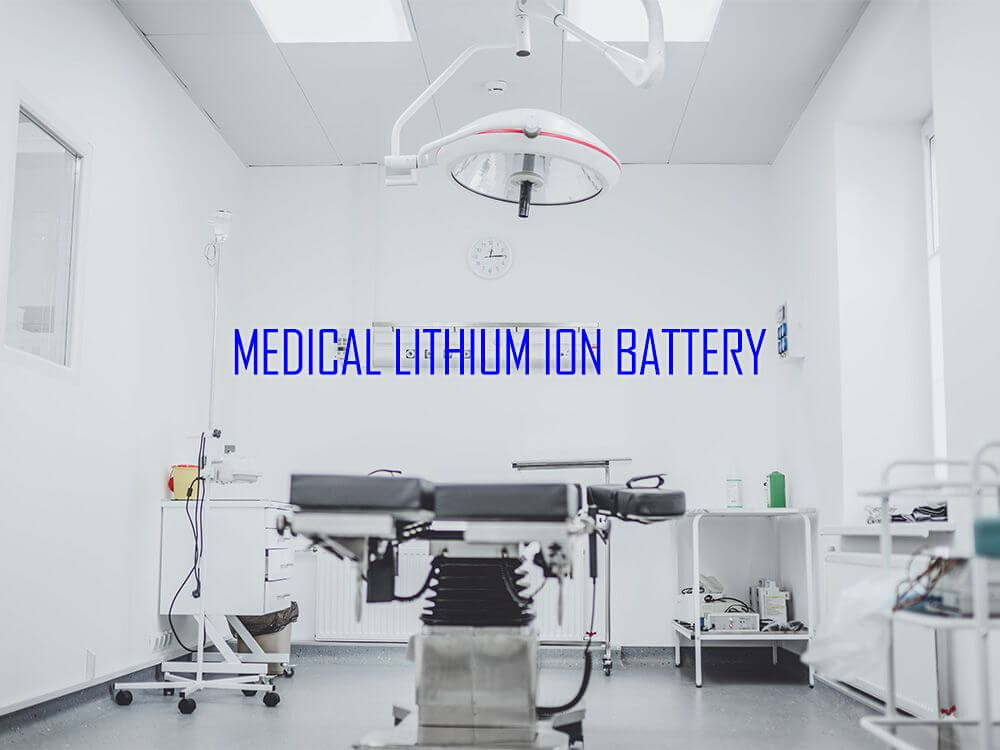
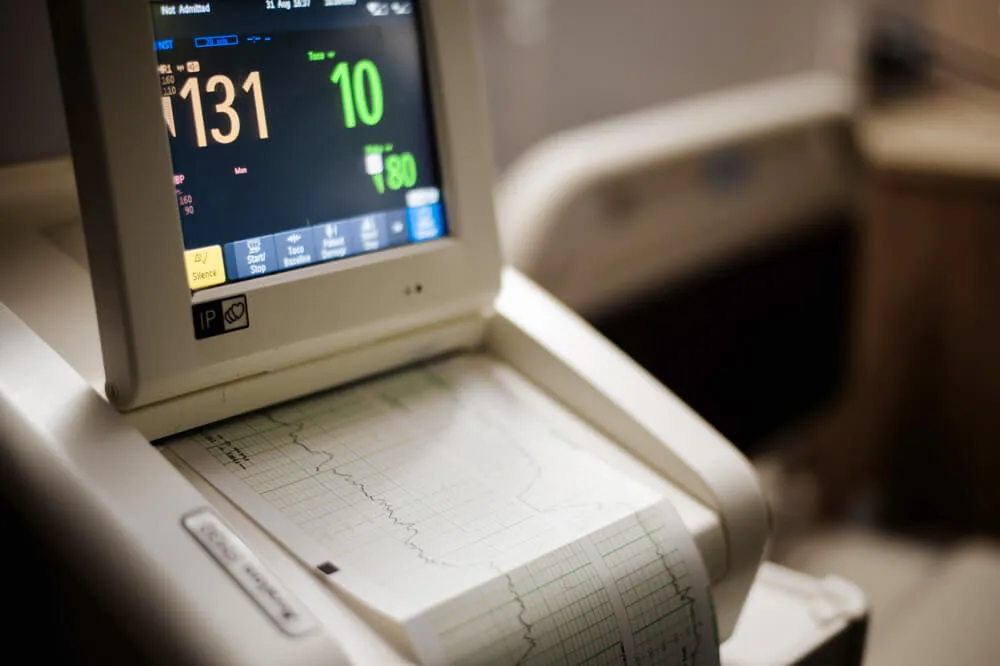




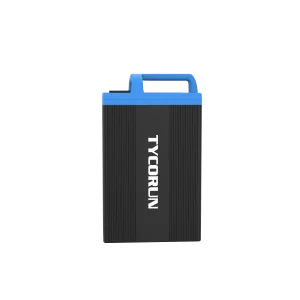
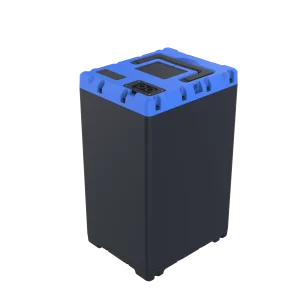
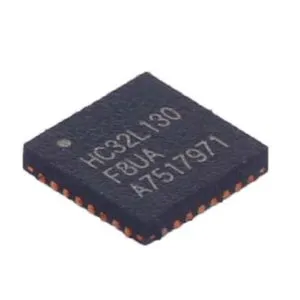
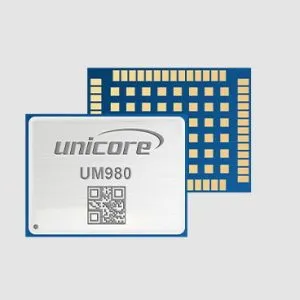

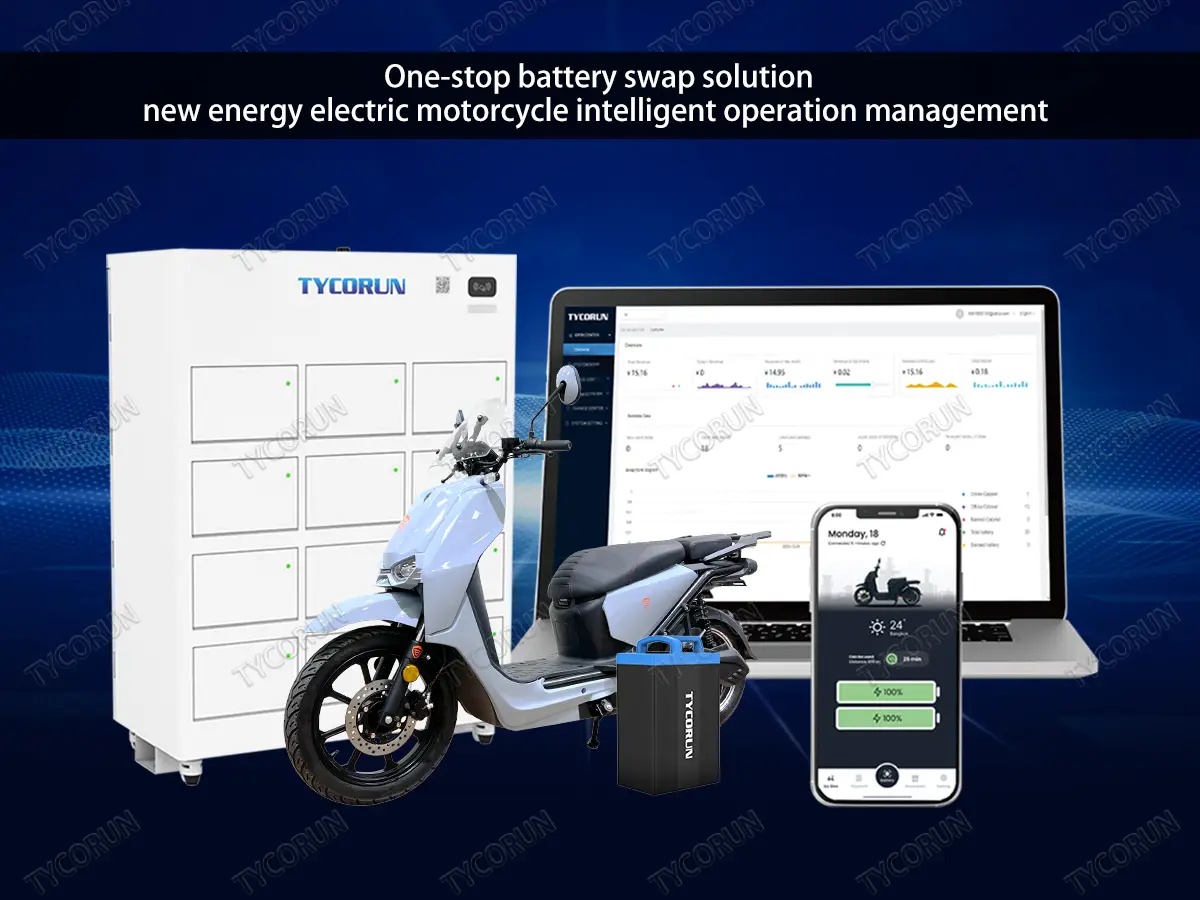
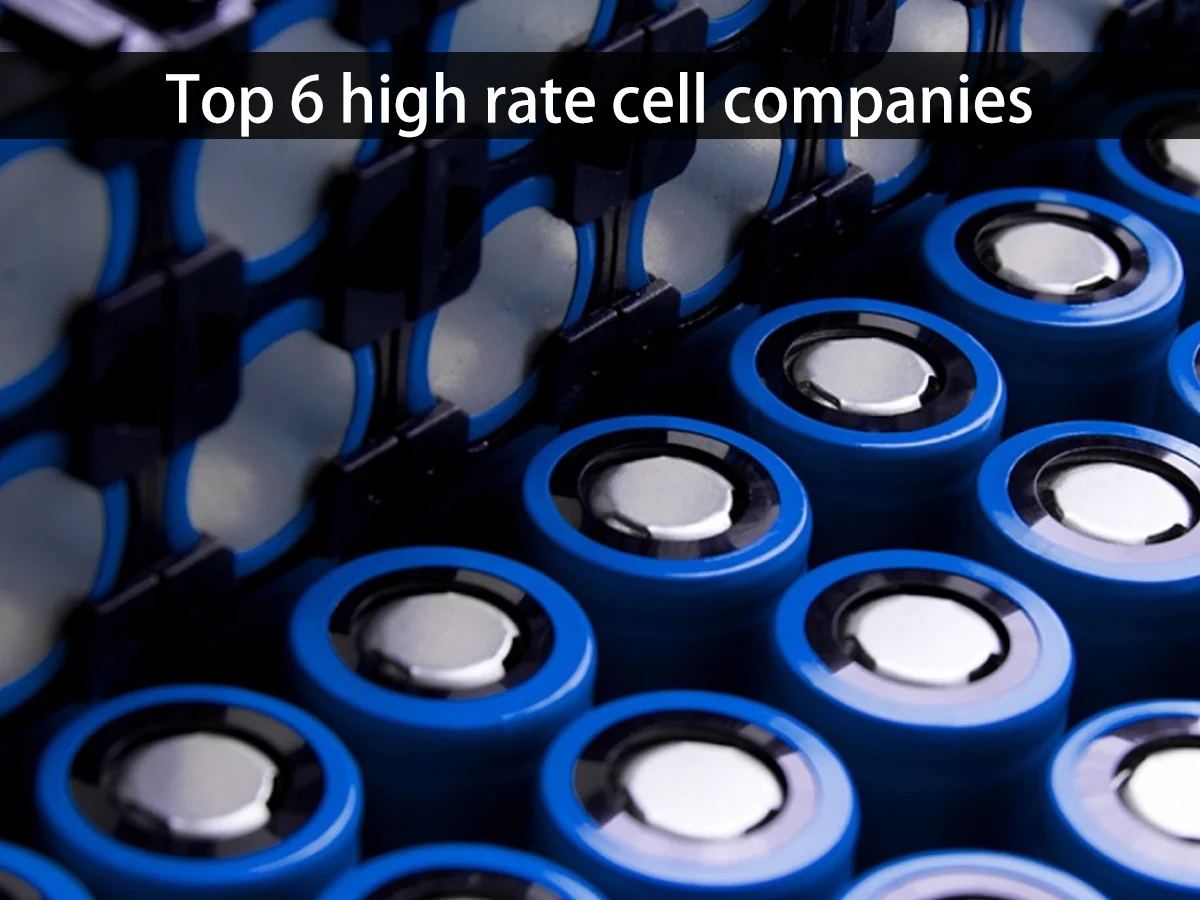
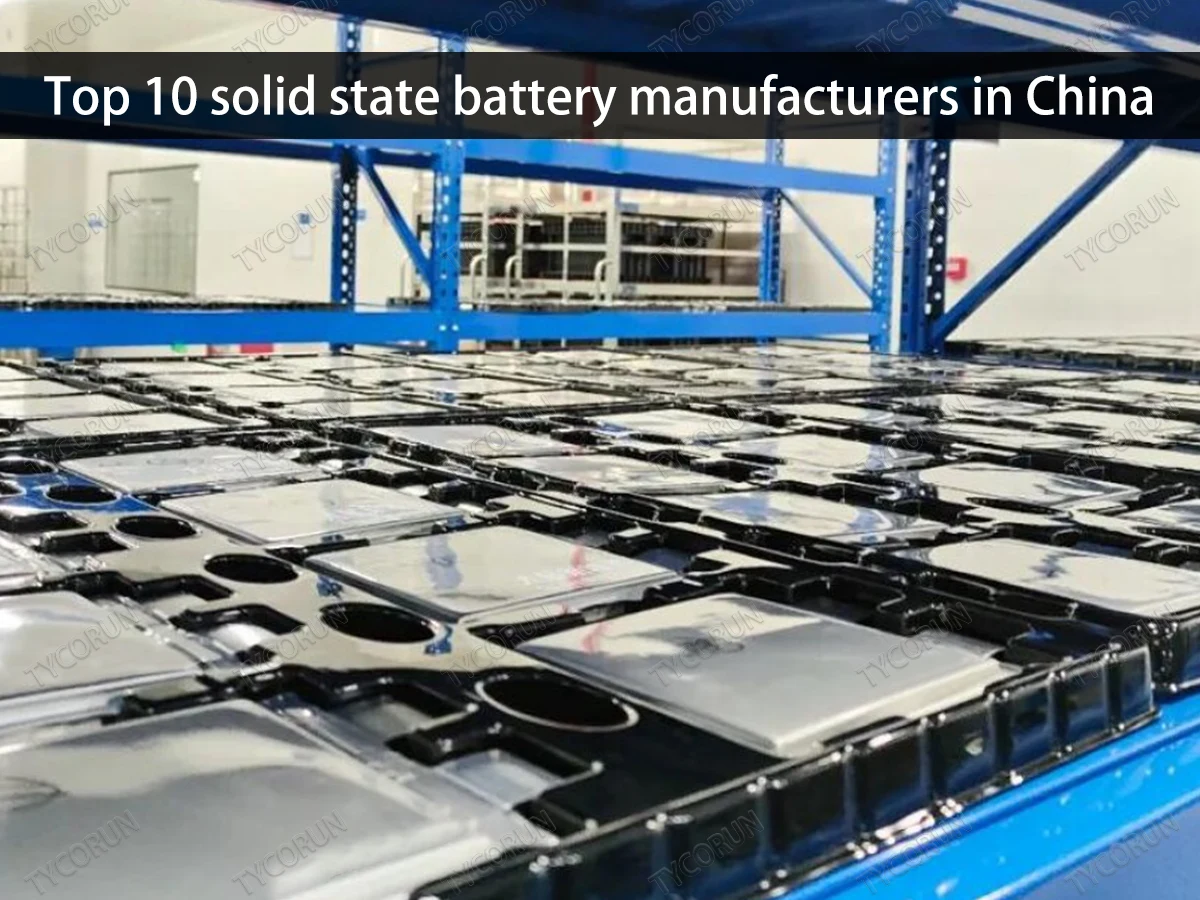


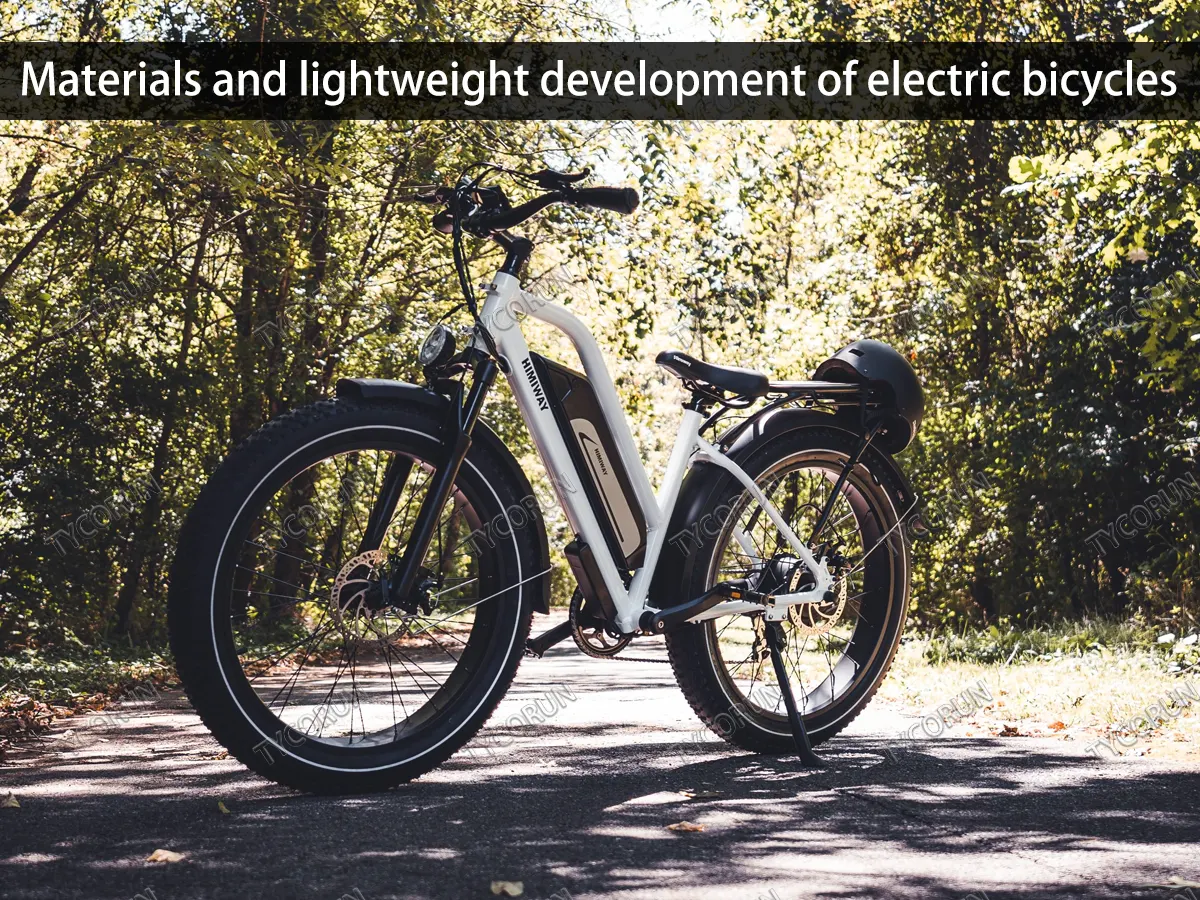
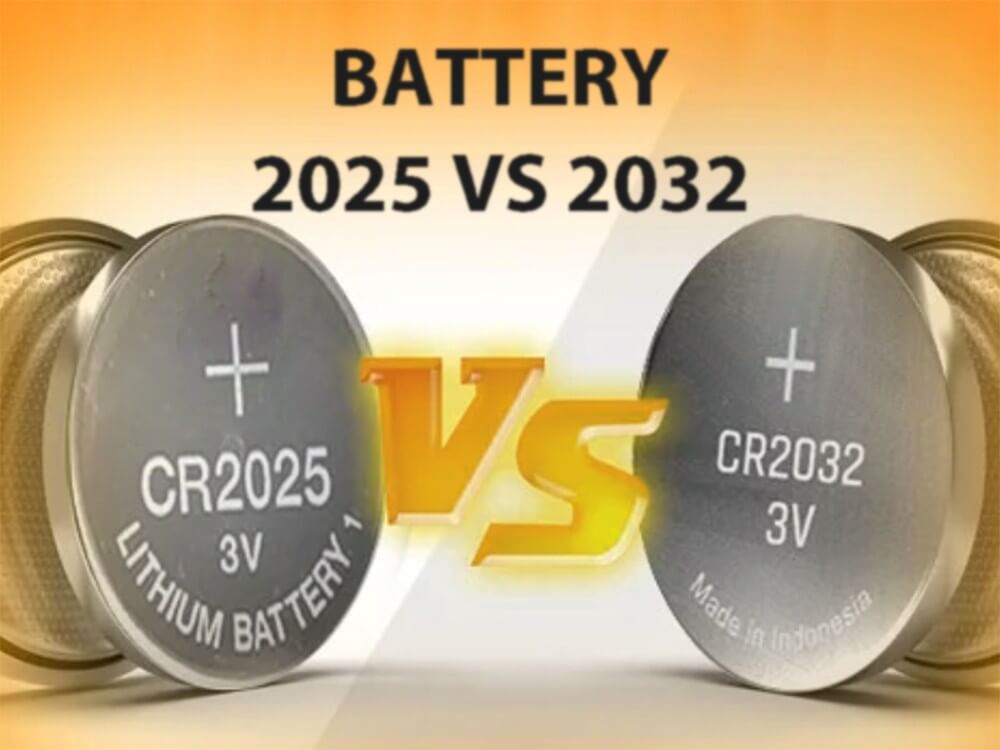
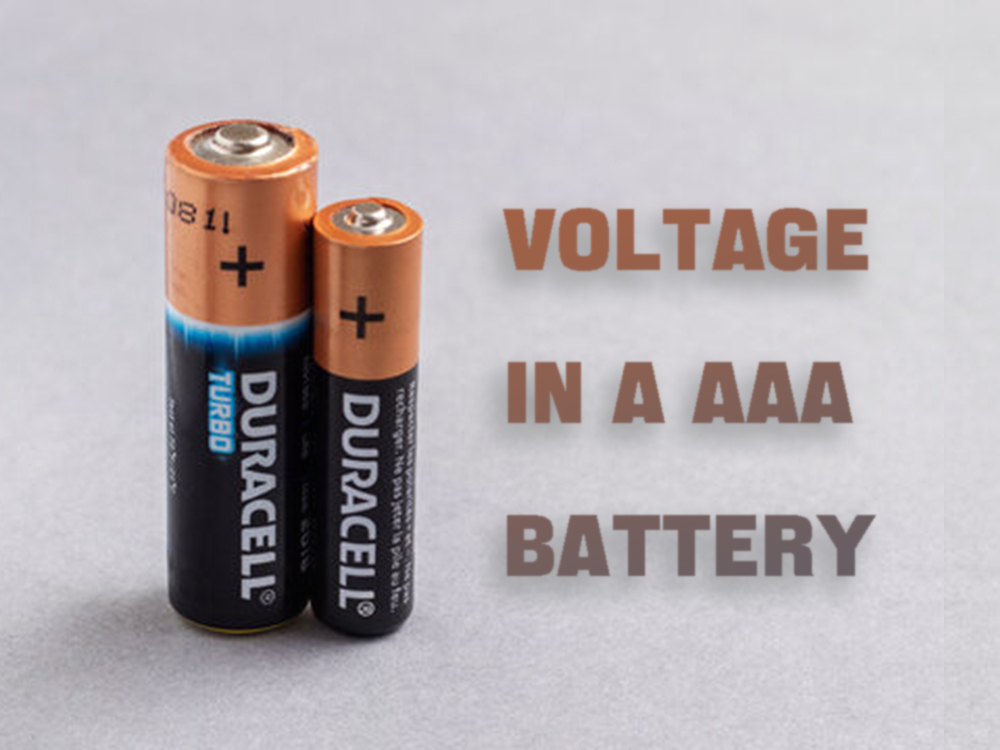
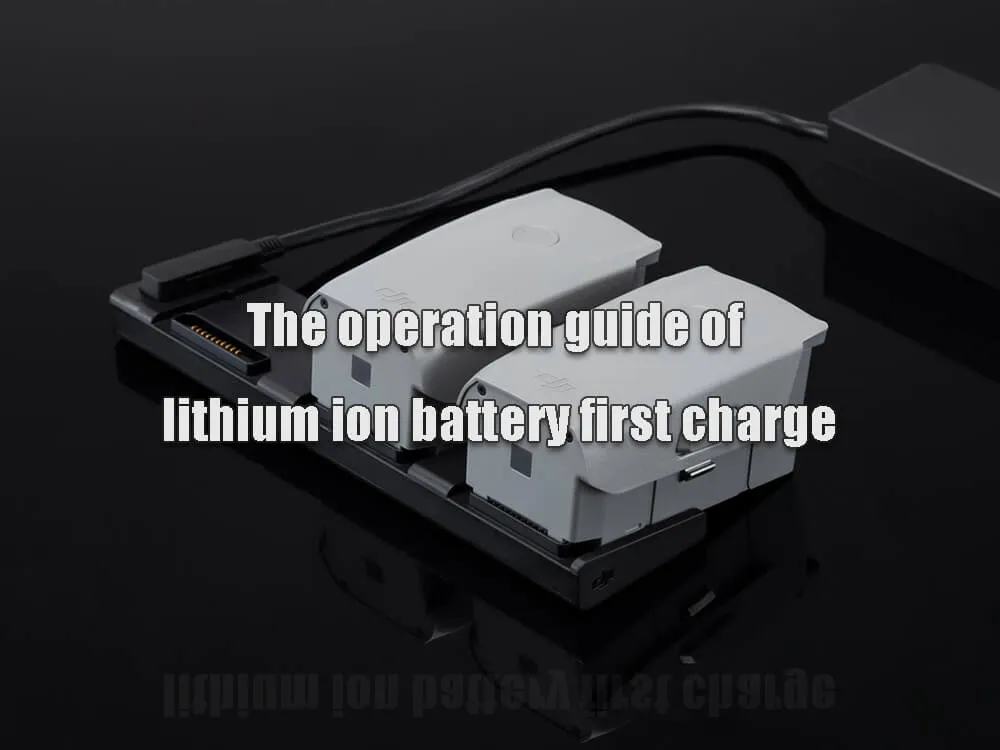
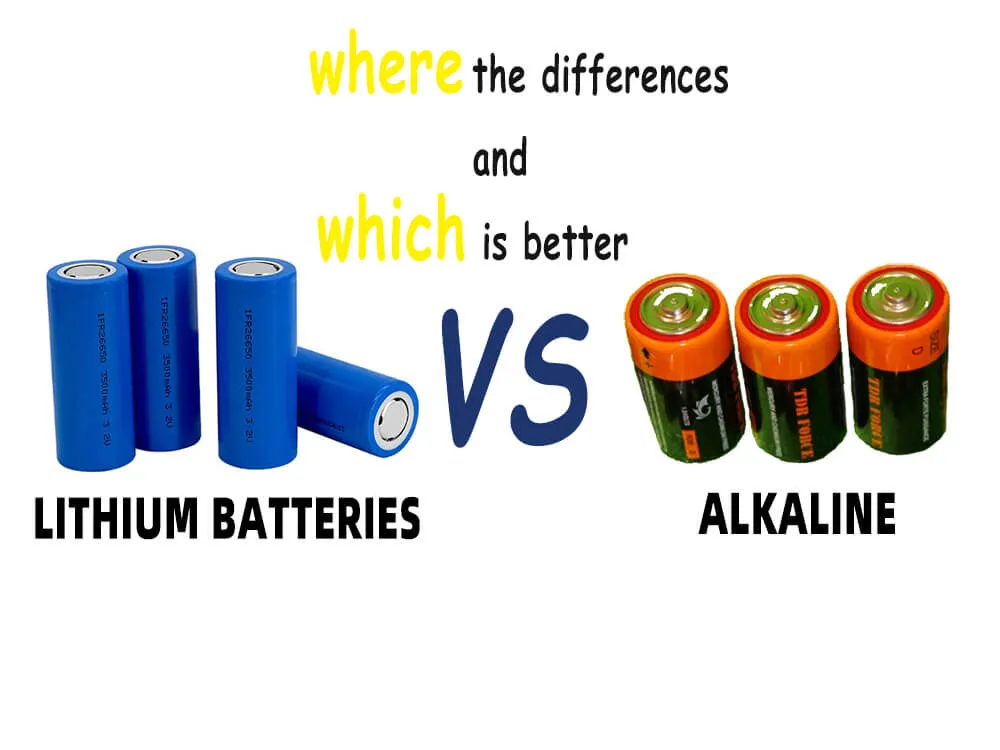



4 thoughts on “What is a Lithium ion medical battery?”
I regard something truly special in this site.
Well I definitely enjoyed studying it. This article offered by you is very constructive for correct planning.
I got good info from your blog
Perfectly composed subject material, regards for entropy.